Hey guys, Callum here once again writing one of my very few and far between pieces of content. For those who may not know me, I have worked as a coach and analyst in the Oceanic League of Legends scene since Spring 2014, working with individual players between moving to the Oceanic Open Ladder (OOL) in 2015, moving into the Oceanic Challenger Series (OCS) with Nuovo Gaming in 2016 and eventually the Oceanic Pro League (OPL) with Avant Garde 2017, most recently having worked with Disown helping them qualify through the OOL and into the OCS! After seeing Riot’s restructuring of competitive League of Legends in Oceania, I thought I’d come out and have my say on the myriad of changes that will be coming next year.
The OPL Promotion Tournament is downsizing from two relegation matches per split to one relegation match per year.
This is an excellent decision by Riot, which will assist in providing not only a more competitive league, but also create stability for players, organisations and even the fans. Riot has hit the nail on the head, and comes off the back of the most competitive season in the OPL which had seen the introduction of gaming houses being available to all teams. Reducing the number of relegations matches only assists teams in eventually becoming independent of Riot’s housing stipend, through the creation of a more stable competition?—?one where the former model would see one team relegated per split since the inception of the OPL in 2015. By creating a more stable league it opens teams to more opportunity, gain sponsorships and investors, removing the risk that the investments will be lost only a mere two to three months later. While also ensuring that leases can be more easily obtained, being secured for a calendar year
Furthermore, through league stability this ensures that players are now more easily able to foresee the future, and are able to plan in advance having secured a job for the most part of eight months of the year. This can be incredibly important when seeking to sign players that are undertaking education, whether it be high school or tertiary education.
However, the primary issue that may arise is with new found security inside of the first split. Through this security it may be seen that teams are more open to experimentation. While the incentive of events such as the Mid-Season Invitational and Rift Rivals will assist in teams wanting to succeed within the first split the premise of Worlds is far greater, and as we have so often heard “We are building to Worlds” from teams around the world. And thus to ensure competition of the first split, a circuit point structure should be followed, where the first split has a lower weighting of that of the second.
The OCS is moving to a single season format and expanding to fourteen teams, eight of which will be run by an OPL organisation.
This is where the changes get interesting and rightly so, are dominating much of the discussion around the future plans of the Oceanic region. Where many of the first thought are “But we don’t have enough talent”, and is rightfully a concern for the competitiveness of the competition, past splits of the OCS have shown that there has been a great difference between the top OCS teams, which may contend within the OPL and those towards the bottom, which have struggled for survival against the top of the teams coming from the OOL. By expanding the OCS to another six teams, these differences between the top and bottom are most probably going to be even more distinguishable, with another thirty players now being introduced into the OCS ecosystem, potentially even more with substitutes that we have frequently seen used in the OCS.
With an expanded player base required comes further competition to sign these players, ensuring that you are not left with the players at the bottom of the barrel. As an OPL team, you are looking for the very best talent to sign to your OCS team attempting to build a rapport with them giving you first access to potentially signing them in the future, or even to use as a potential substitute for your OPL team. As an OCS organisation you are looking for the best players to try promote for the OPL come relegation. With such a demand on talent that is on short supply you need to be using every tool in your arsenal to secure a signing. OPL organisations having a far greater supply, having access to sponsorship deals, OPL prestige, sub position incentives the list continues. OCS organisations which often have little funding to begin with, will rely largely on funding to draw talent away from the OPL organisations that will be funding there OPL teams. Chances are the OPL organisations will control the monopoly share of the talent and leave the scraps to the rest. This creates a problem wherein the OCS organisations don’t come into the OCS and say “Hey, we want to develop talent”, they say “We want to win” and by the OPL controlling the monopoly on talent, incentives for the OCS organisations to continue playing in the OCS are greatly diminished which once again will impact the overall competitiveness of the competition.
One of the more interesting conversations to stem off of this development, is that about support staff for the expanded league and more specifically, for those of the OPL controlled OCS teams. It is widely known that in the Oceanic region, we have a severe shortage of coaches and analysts, and those that exist aren’t necessarily of the quality that we need them to be to continue to drive the region forwards. With the addition of another five OPL controlled OCS slots not only is there more incentive to begin working as an analyst or coach, there is a strengthened system to develop those who are just starting out, working under the guidance of experience of the OPL coaches which is invaluable in being able to develop this talent for the future. It is very difficult to get relevant experience, and even harder to train yourself to a level that is satisfactory to work for teams at the top. As someone who has worked as a coach and analyst since prior to the inception of the OPL this excites me, but concerns me as well. The likelihood we will be having unexperienced coaches at least early on working with our upcoming talent can create some problems. For the coaches, it is how will they gain a rapport with the players, and will the players trust them with their development. For the players, this creates a contradiction of the intention of the change?—?which is player development, and inexperienced coaching can often hinder development and the OPL coaches aren’t going to be able to commit the time and resources to ensure a development plan.
It is with this that I am concerned about the volume of OPL teams coming into the OCS. Will they be able to supply the resources to be able to ensure that the OCS is run in the correct manor and player developments do occur, as opposed to being lax and loosely watching over the OCS team, and it is a real possibility that the OCS slot is neglected in the early phases of the “academy” like structure. This is addresses another potential issue with the structure, wherein OPL teams can possibly manipulate player choices, in order to minimise possibility that anyone is eliminated of the OPL to erase relegation from the table completely, although this is EXTREMELY unlikely to occur. “Why not just franchise?” is a question that people have asked and this would create a pseudo franchised structure where no one can be eliminated without the revenue flow. Franchising in Oceania at the current point is completely out of the question, while we are gaining investors, such as the Adelaide Crows, there is no incentive for Riot to join in partnership with the teams going off of things such as team followings and viewership numbers. While it is evident that a franchising system will occur at some point if League of Legends survives the test of time, the time for it is not now.
The Oceanic Open Ladder will be replaced with grassroots activities organised by OCS teams and third parties like ESL and Showdown.
Coinciding with the changes to the OCS, the Oceanic Open Ladder would be obsolete as a feeder into the OCS due to the volume of teams in the OCS. From experience, there have never been more than four teams outside of the OCS that have ever been competitive and vying for the top and potentially the OCS slot. If you added four teams to the previous structure that would leave you with twelve teams, the OCS will now have fourteen and because of that I do not believe running the OOL as an amateur league would be viable. However, encouraging grassroots competition is important and serves as the introduction to competitive play and what is involved. It is here where your talent begins and is your primary breeding ground outside of solo q, providing players with competitive concepts such as verbal communication that solo q does not provide. However, without a controlled system competitiveness of these tournaments will be for the most part obsolete. Too many tournaments, not enough teams, teams being spread to thin between tournaments, not enough publicity the list goes on are all concerns. While the OOL did not publicise well, it was controlled and didn’t clash with many tournaments. Hopefully tournament providers are able to coordinate with each other to help avoid complications.
All in all, next year is a very exciting time for the long term development of Esports within Oceania and even more exciting to be a part of it. It will be important to remember that these changes while affecting the short term, are all with the intention of long term growth.

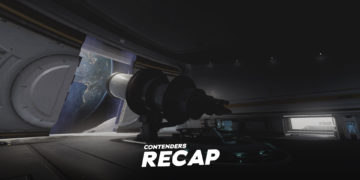

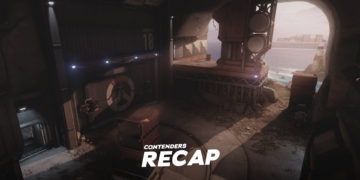


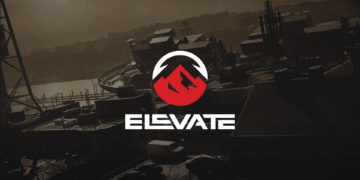
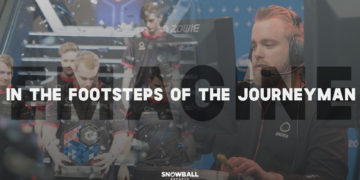

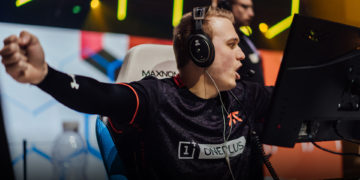



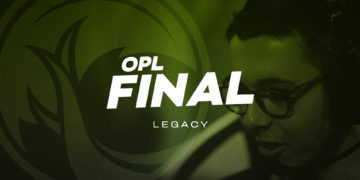
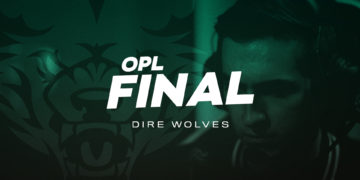



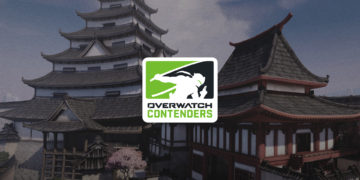
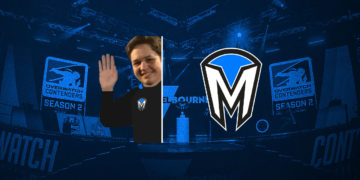
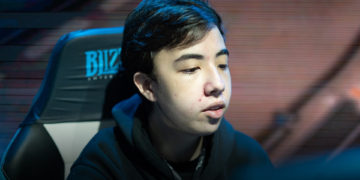


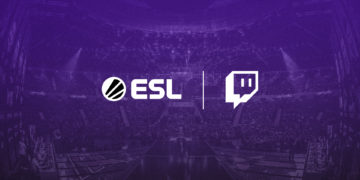
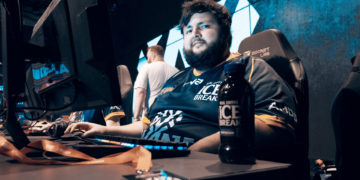
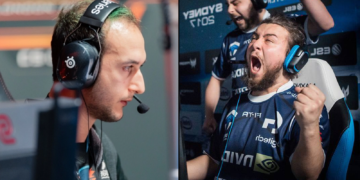
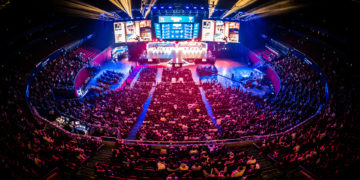
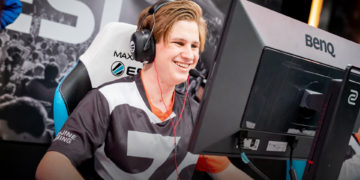
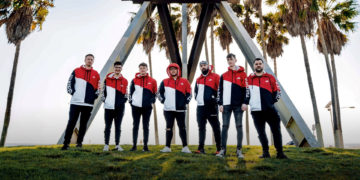
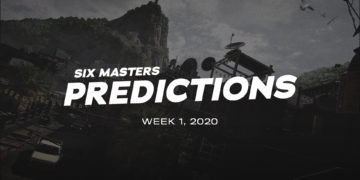

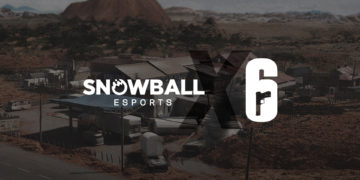
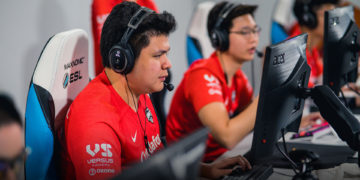
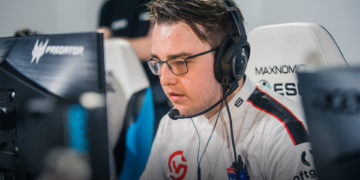
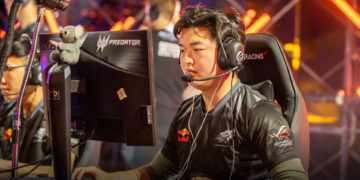

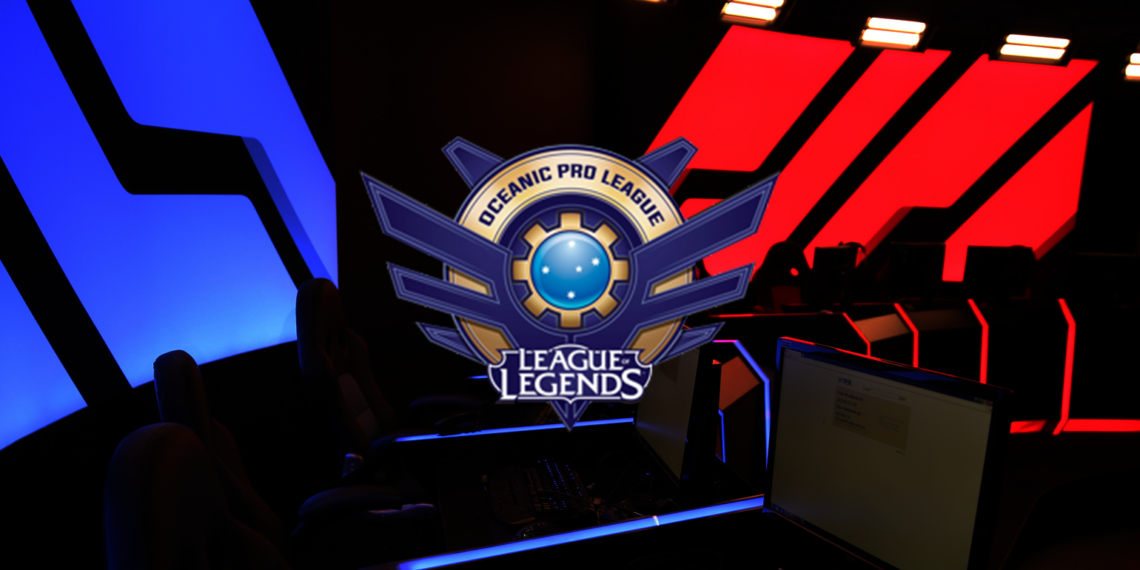

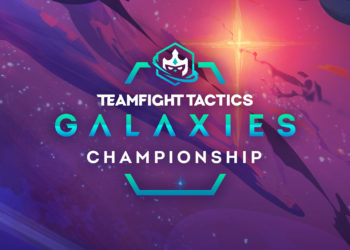
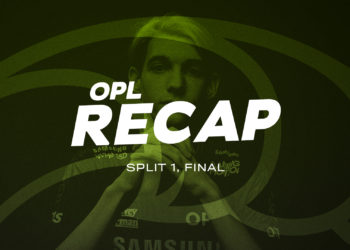


![Snowball Esports [Legacy]](https://legacy.snowballesports.com/wp-content/uploads/2019/03/sb-site-botlogo.png)